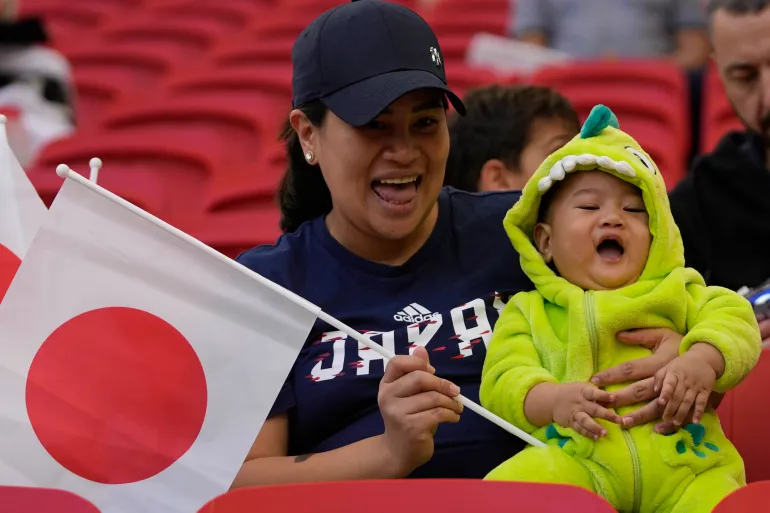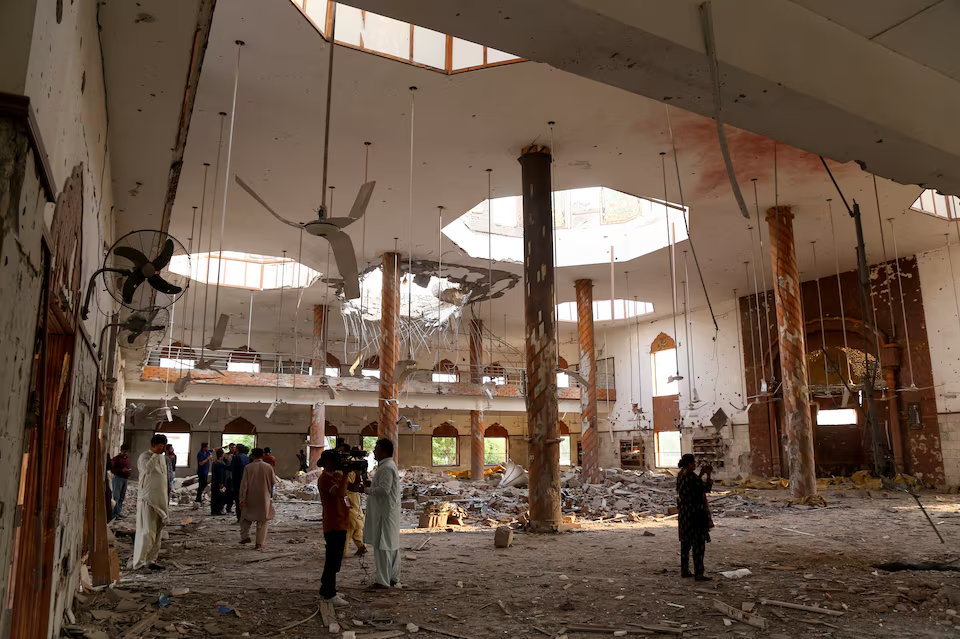VATICAN CITY, May 6, 2025 — The College of Cardinals has commenced the solemn process of electing a new pope following the death of Pope Francis last month. On May 6, 133 cardinal electors under the age of 80 entered seclusion within the Vatican, preparing for the secretive conclave set to begin on May 7 in the Sistine Chapel.
The conclave, steeped in centuries-old tradition, requires a two-thirds majority to elect the next leader of the 1.4 billion-member Catholic Church. Given the absence of a clear frontrunner, the selection process is anticipated to extend over several days.
Cardinal Robert McElroy of Washington, D.C., encapsulated the uncertainty surrounding the election, stating, “I have no guess.” He described the conclave as a “profound and mysterious” process, emphasizing the unpredictability of the outcome.
The conclave’s diversity is unprecedented, with cardinals hailing from 70 countries. Notably, 23 Asian cardinals are expected to vote cohesively, contrasting with the more varied European bloc. This geographical representation reflects Pope Francis’ efforts to globalize the Church’s leadership.
In preparation for the conclave, the Vatican has implemented extensive security measures to ensure absolute secrecy. The Sistine Chapel has been outfitted with advanced technology, including signal-jamming devices concealed beneath elevated flooring, window films to obstruct drone surveillance, and a Faraday cage to prevent electronic eavesdropping. Additionally, cellphone towers within Vatican City will be deactivated during the conclave, and cardinals are strictly prohibited from using mobile devices. Vatican police and Swiss Guards will monitor the cardinals’ movements, ensuring they remain isolated from external contact.
The cardinals have been residing in two Vatican guesthouses, where they have taken oaths to maintain confidentiality throughout the voting process. Voting sessions will occur up to four times daily, with the outcome signaled by smoke emitted from the chapel’s chimney—black indicating no decision, and white announcing the election of a new pope.
Discussions leading up to the conclave have highlighted differing visions for the Church’s future. Some cardinals advocate for a continuation of Pope Francis’ progressive reforms, emphasizing social justice and inclusivity. Others call for a return to traditional doctrines and a focus on theological orthodoxy.
Among the potential candidates is Cardinal Pietro Parolin, the Vatican’s Secretary of State. Known for his diplomatic acumen and pragmatic approach, Parolin has played a significant role in managing the Church’s international relations. However, his involvement in controversial agreements, such as the 2018 Vatican-China accord, and a financial scandal involving a failed London property investment, have drawn criticism.
The choice of papal name by the new pope will offer insights into his intended priorities. Names like John, Paul, or Benedict could signal a return to traditional values, while choosing Francis II would suggest a desire to continue the legacy of Pope Francis.
As the conclave unfolds, the global Catholic community awaits the announcement of its new spiritual leader, a decision that will shape the Church’s direction for years to come.
Source; Reuters


